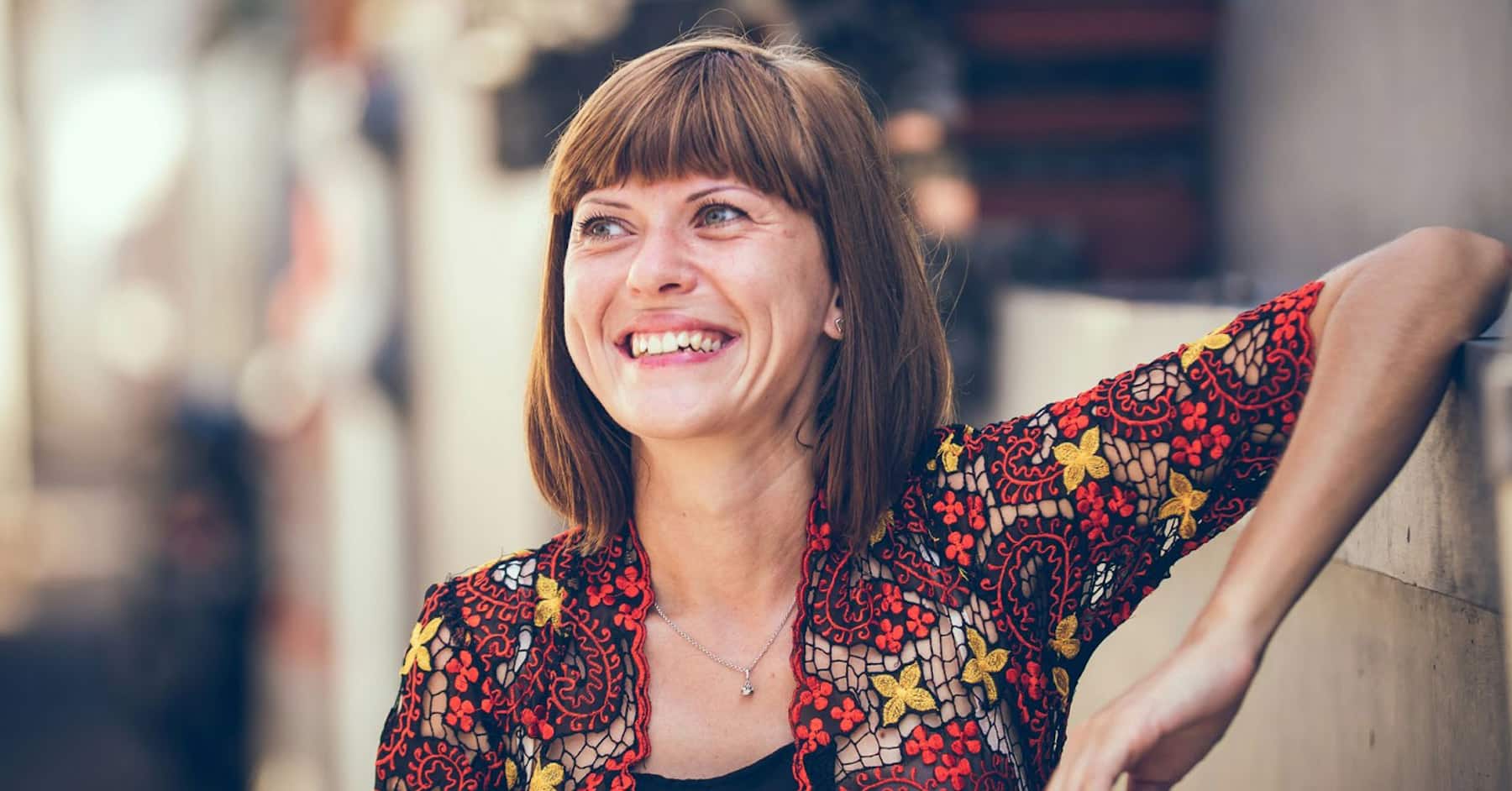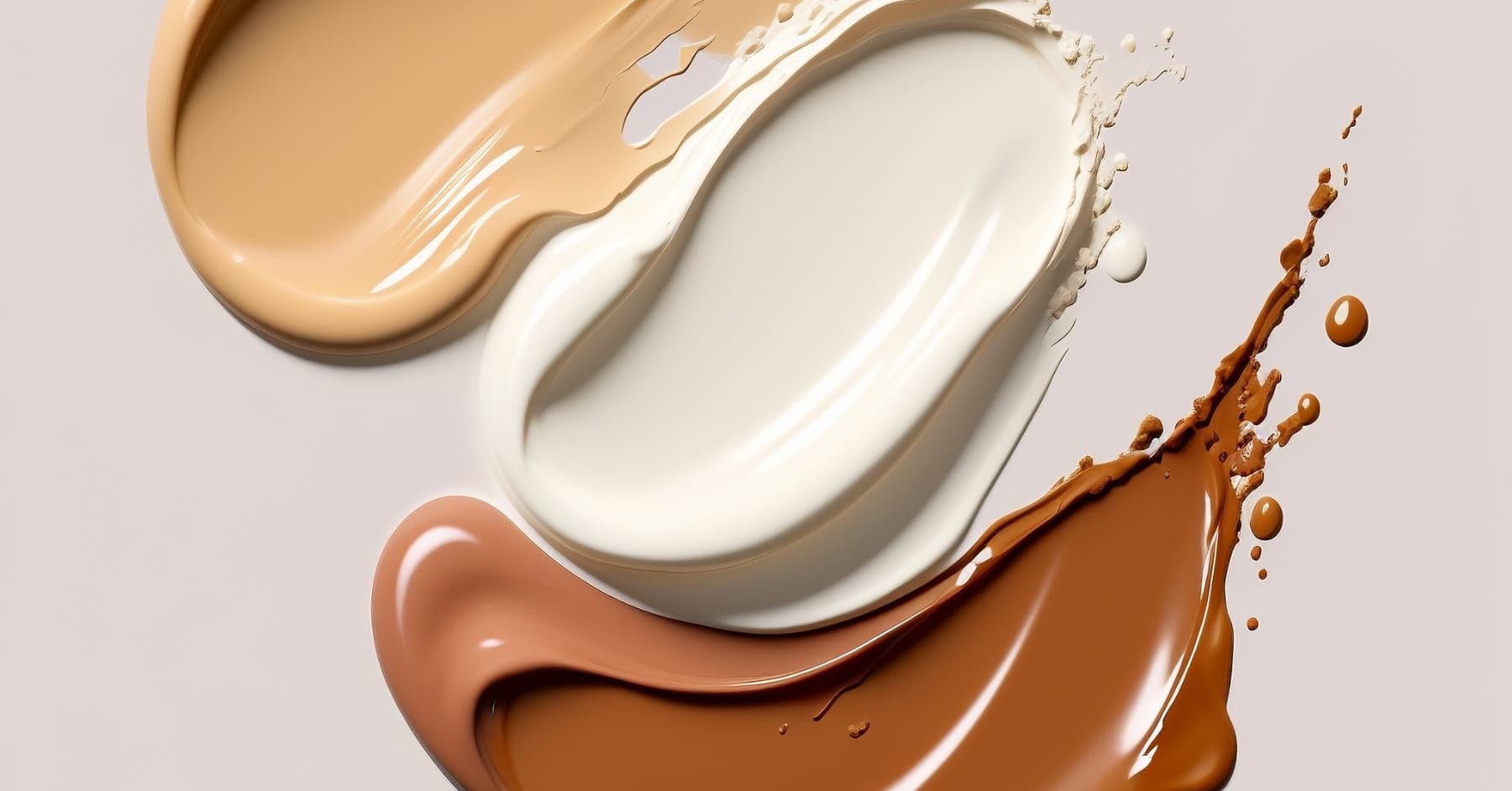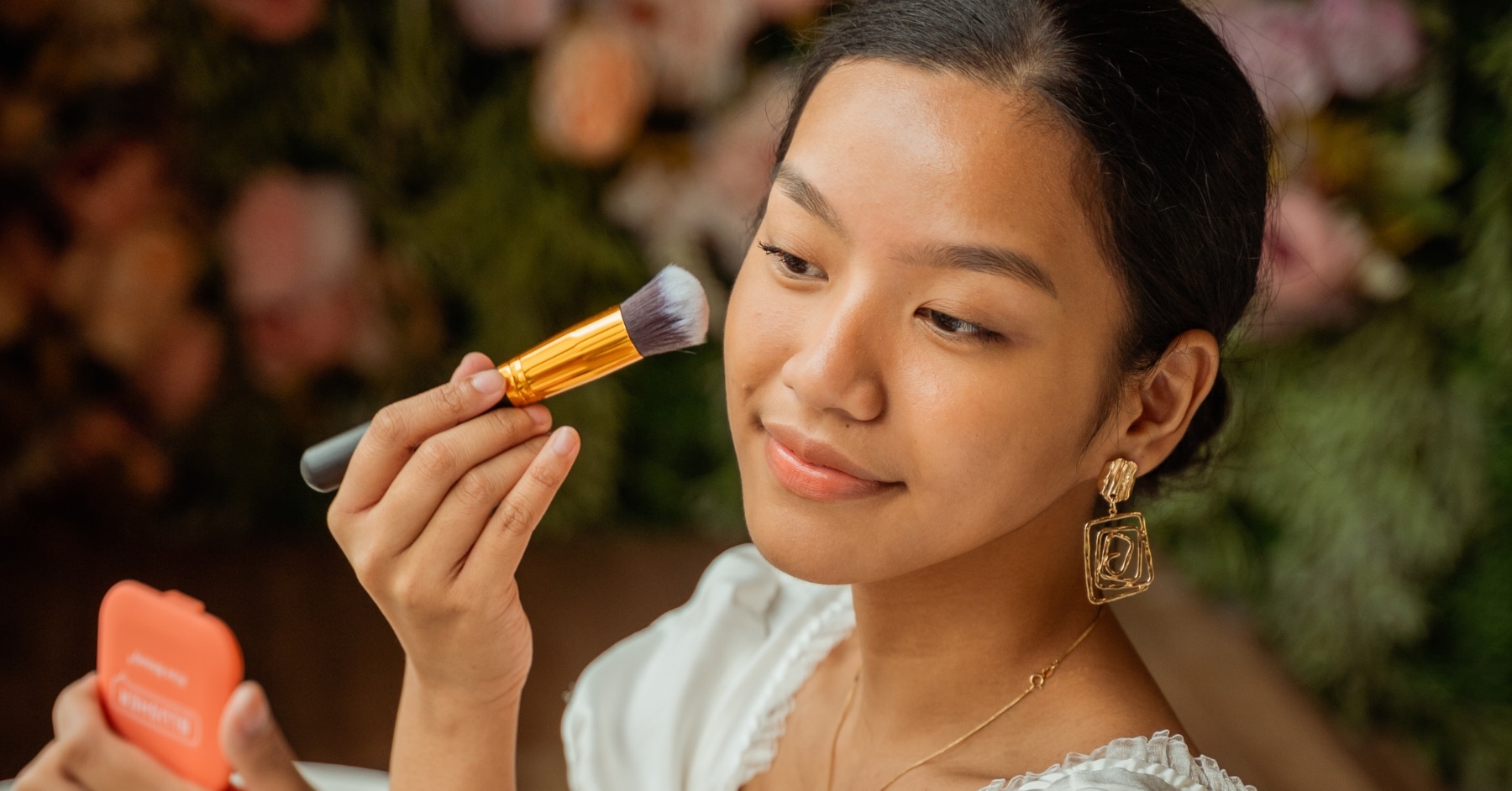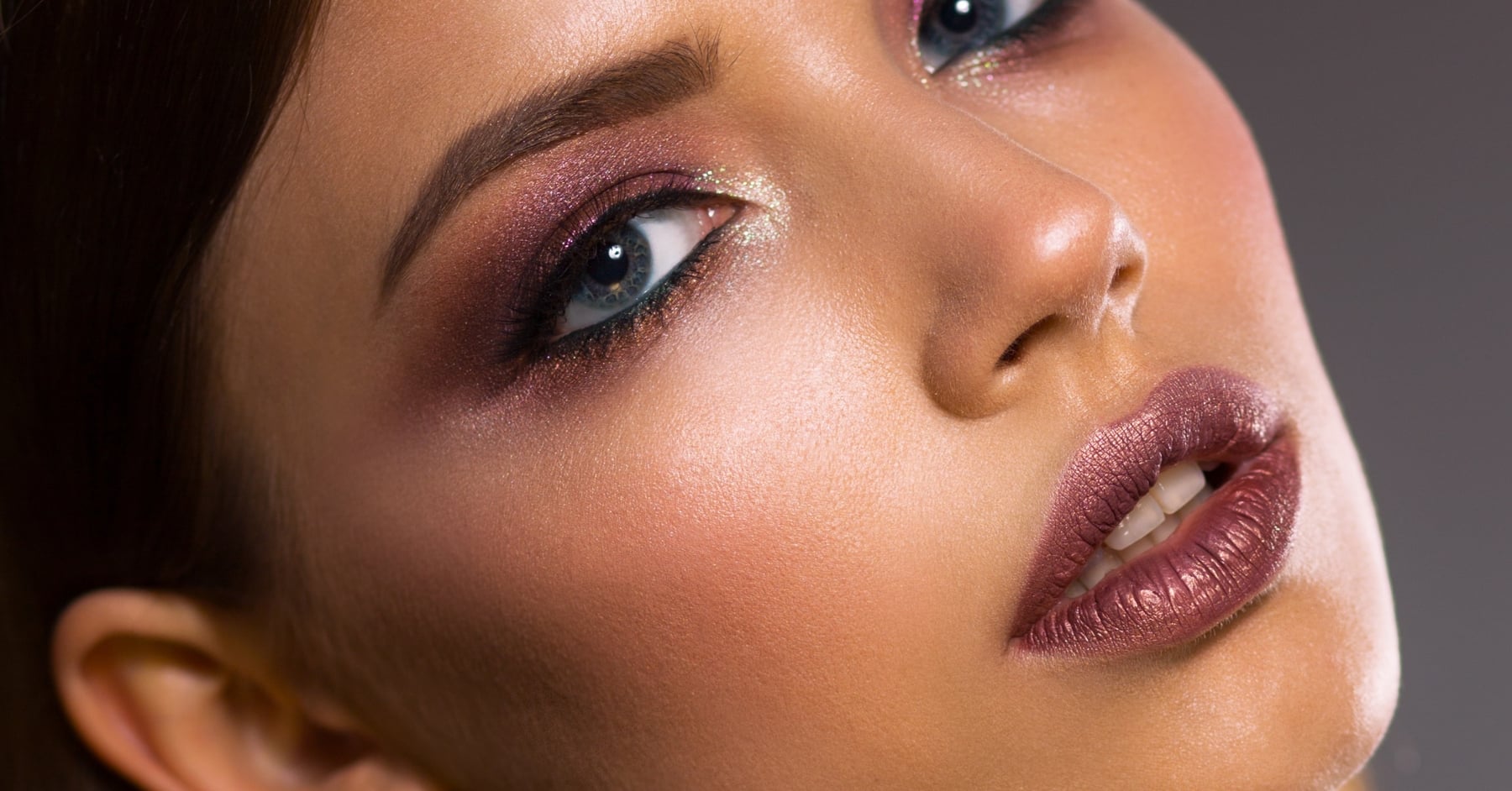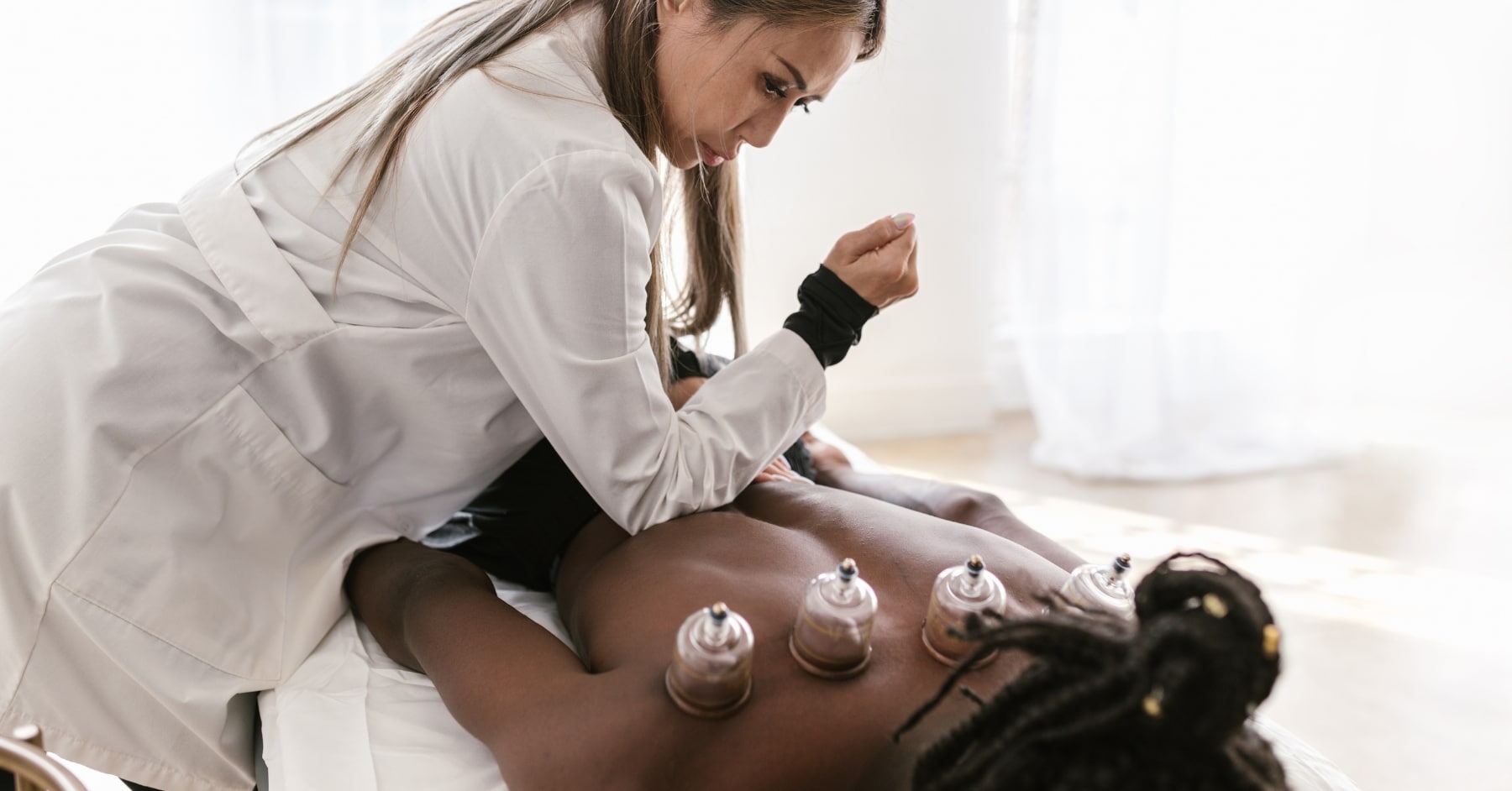As we grow older we mature in a multitude of ways. We’ve had more life experiences and are better able to self-reflect. Our connections with others have strengthened and we are likely to have developed our sense of purpose. We also, of course, go through a slew of physical changes, including the maturing of our skin.
Skin is the first part of our bodies to show signs of ageing, due to its repeated and persistent exposure to the sun. Thinning, sagging, wrinkling, dryness, broken blood vessels, and age spots can all occur, and are a very general sign that our skin is maturing healthily. Despite this, many people prize the look of youthful skin and there are lifestyle choices and skincare routines that can help minimise the appearance of ageing. As you age, how you manage these routines, including skincare and makeup, must change too.
Change up your makeup
As your skin’s texture changes, the products and techniques that work best for applying makeup will change too.
Prepping the skin
Prepping the skin becomes more important than ever with mature skin. Doing so correctly will help you achieve a more flawless complexion as you apply makeup and prolong its longevity. A gentle cleanse followed by an extra-nourishing moisturiser is the basis for creating a smooth and workable canvas on older skin types.
Less is more
Although you may love a matte foundation, as your skin ages it is best to swap this out for a lightweight liquid foundation. Matte and other heavy foundation formulas tend to sit in wrinkles and creases, which can make them appear more pronounced – the opposite effect of what we are trying to achieve. By choosing a lighter product and only applying it where you need it, it will melt into the skin without creasing, creating a more flawless finish.
Gentle skincare and focus areas
Skincare routines should develop and change based on your current skin type, your reaction to products or ingredients, and your age. As you grow older you are more likely to understand what works well for you and what doesn’t, but it is likely a more gentle routine would be appropriate. This would include:
- Cleansing: washing your face twice a day with a gentle cleanser will help remove dirt, oil, and makeup. For older skin types, look for cleansers that clean without drying out the skin, and help to reduce the appearance of enlarged pores.
- Moisturising: hydration is key as your skin matures, so finding a nourishing moisturiser is vital. Products with ingredients including glycerin, ceramides, and hyaluronic acid offer a combination that prioritises moisture, making them the perfect option.
- Protection: sunscreen is vital to protect your skin from the damaging rays of the sun. Sunscreen can help prevent skin cancer and sunburn, and reduce signs of premature ageing.
- Serums: targeted serums can help address problem areas you are facing, which may change as you age. This might be concerns around your eyes, forehead wrinkles, or skin tone.
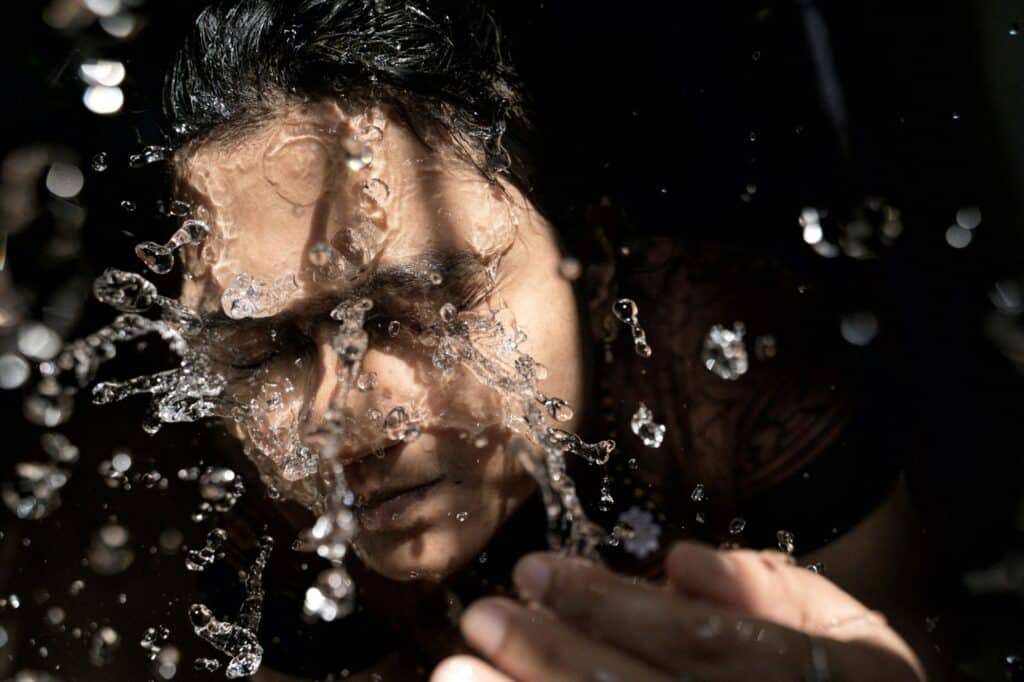
Consider lifestyle factors
As well as adjusting your makeup and skincare routines, there are other lifestyle factors you may want to consider that can impact the ageing of your skin.
Smoking
Smoking can impact your health poorly in many ways due to its harmful and carcinogenic components, while also ageing the skin prematurely. Smokers may notice uneven skin tones, ‘smoker’s lines’ around the mouth, and a loss of ‘glow’ in the skin. To avoid these premature signs of ageing, avoid smoking.
Poor nutrition and dehydration
What you put into your body can impact your skin’s appearance, and hydration via topical products and water intake is key. Healthdirect Australia recommends adults should drink between 8-10 cups of fluid daily, or 2.1 – 2.6 litres, which can help keep the layers of our skin hydrated.
As with hydration, what we choose to eat can directly impact the appearance of our skin. Too many sugary snacks, fast food, alcohol, and caffeine can dehydrate the skin and accelerate skin ageing, so always eat in moderation.
Poor sleeping habits
As we get older our sleep habits change, but the importance of good quality sleep does not. Seven to nine hours remains the recommended amount of sleep required for an adult and provides the required time for skin to undergo a rejuvenation and repair program. Poor sleep can interrupt this restorative function, which can impact skin health.
Prioritise what makes you feel good
Entering your later years means it is time to do what you want. If that means you are sticking with a matte foundation or don’t want to wear any make-up – great! If it means booking in for a deep plane facelift – also great. Tread your path and embrace what makes you feel good – it is your time to shine!
